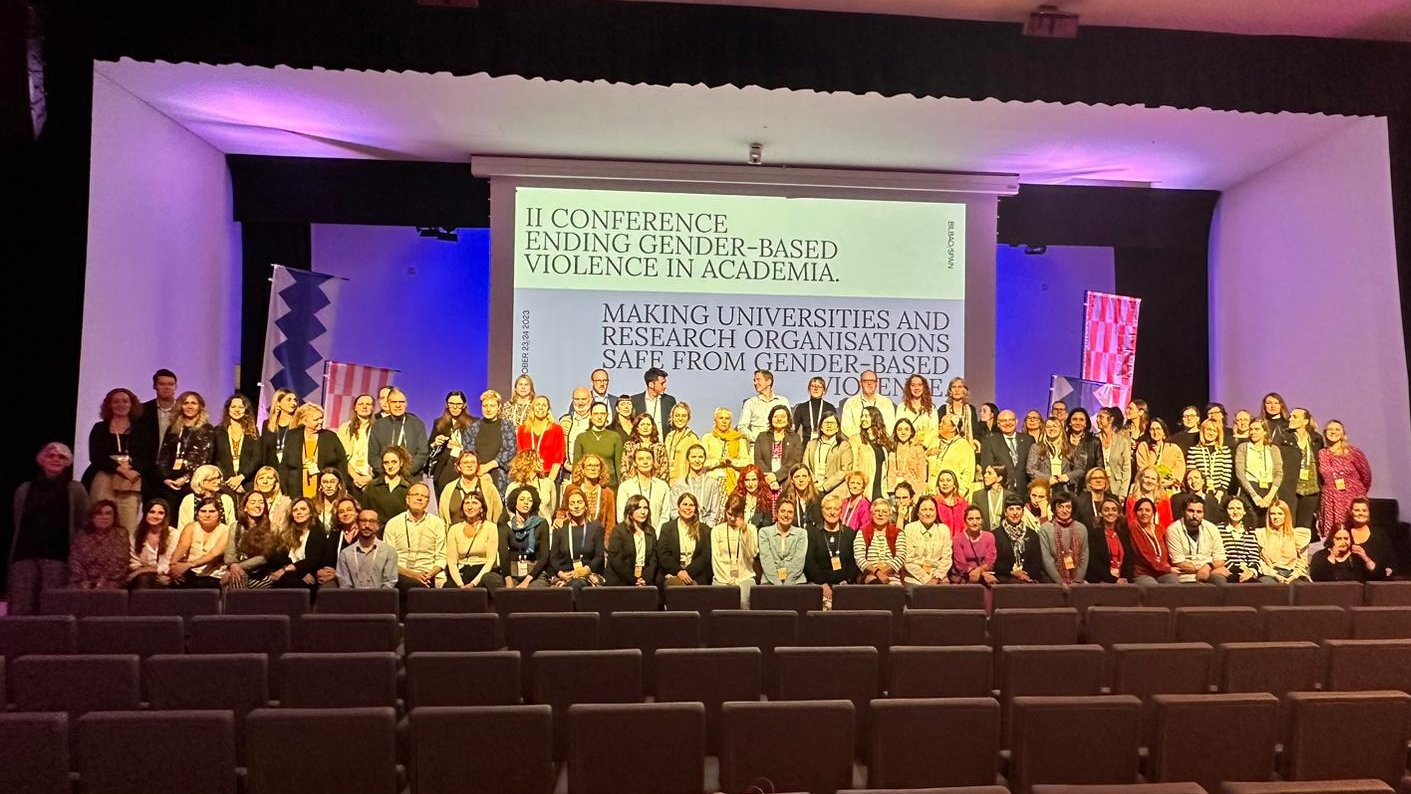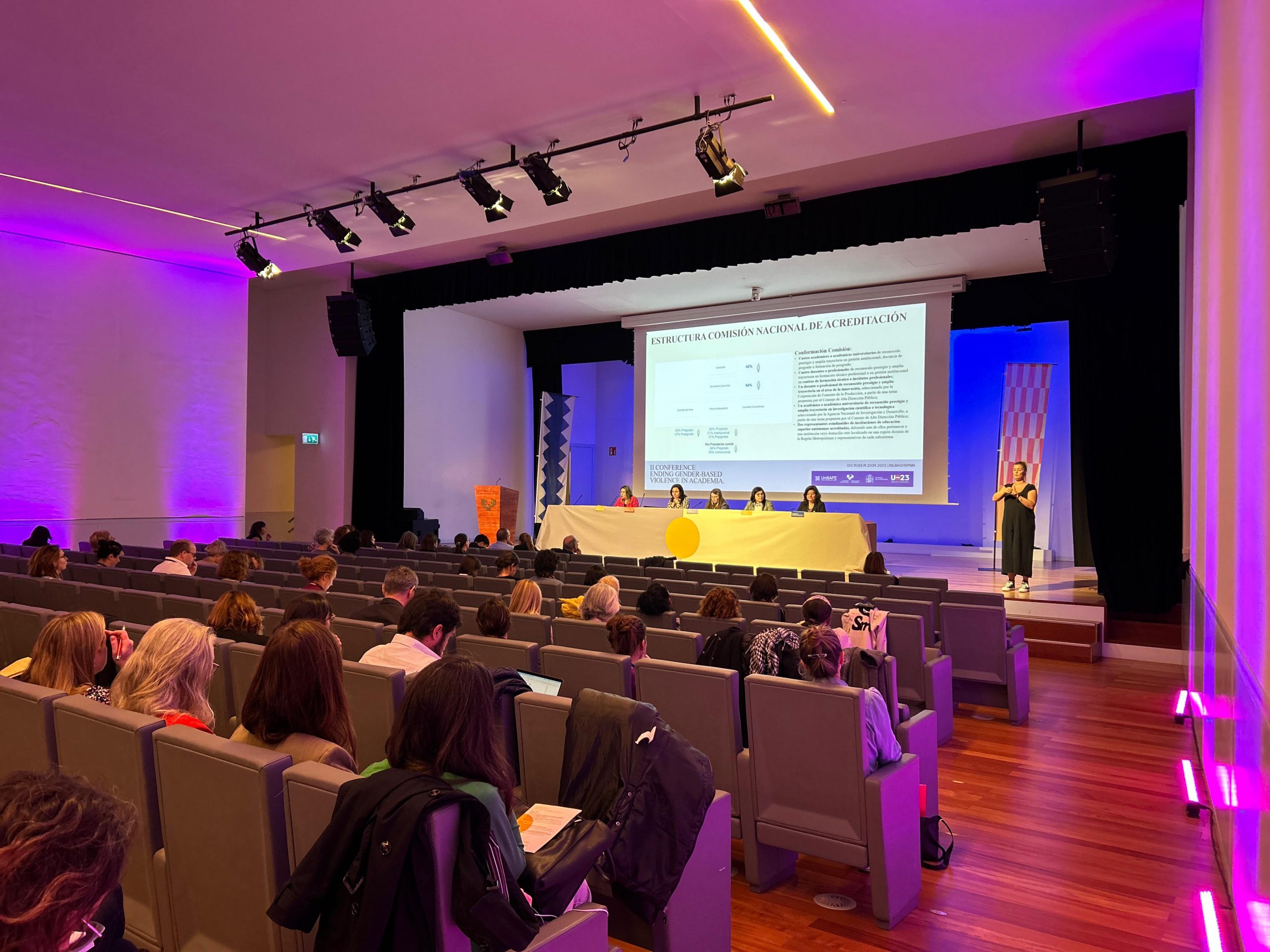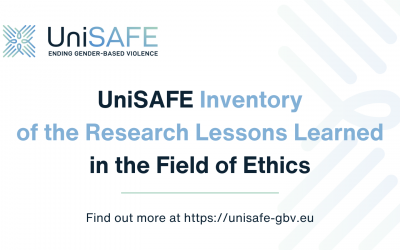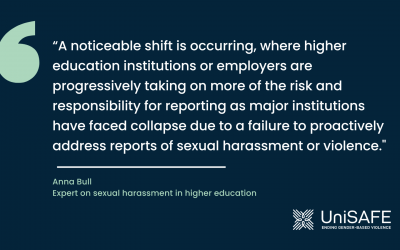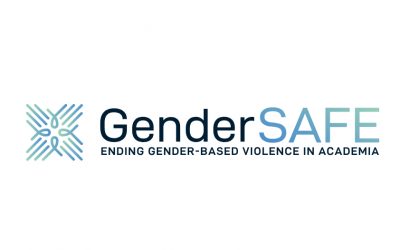In a significant stride towards ending gender-based violence in academia, the Spanish Ministry of Universities held a conference in Bilbao on the 23rd and the 24rth of October, on the occasion of the Spanish Presidency of the Council of the European Union, with the collaboration of UniSAFE and the University of the Basque Country.
Investigating the reality of gender-based violence in academia
The conference dived into the reality of gender-based violence in higher education, offering a platform for experts from academia and public administrations to share strategies to address this issue. Sofia Strid, UniSAFE scientific coordinator, highlighted the urgency and the relevance of gender-based violence in European universities, stating: “In Europe, gender-based violence in academia reduces the well-being of staff and students, drives women and marginalised groups out of academia, and has a direct negative impact on research quantity and quality. Eventually, this issue obstructs access to academic freedom.'”
The first session, led by Anke Lipinsky of GESIS – Leibniz Institute for the Social Sciences, highlighted the effects of gender-based violence on individuals and universities. Lipinsky emphasized key challenges such as unequal power relations in academia and the uncertainty among students and staff regarding what constitutes violence. Viliana Pilinkaite Sotirovic, Lithuanian Centre for Social Sciences, then proceeded to explore the role of organisational culture in the underreporting of gender-based violence, citing examples such as a culture of silence, fear of retaliation, and victim blaming. She pointed out: “Usually, those who raise their voices are unwelcome; they are referred to as troublemakers.”
The second session focused on UniSAFE’s research findings regarding institutional responses to gender-based violence, including sexual and sexist harassment. Zuzana Andreska, Centre for Gender and Science, Institute of Sociology, initiated the session by providing an overview of the comprehensive mapping conducted by UniSAFE while exploring the legal and policy frameworks. Following this, Claudia Schredl, GESIS – Leibniz Institute for the Social Sciences, Center of Excellence Women and Science, analysed UniSAFE’s key survey results for understanding institutional responses. The session was further enriched with a dynamic conversation moderated by Lorena Pajares, UCM, UniSAFE partner, where participants shared inspiring institutional practices, underscoring factors crucial for the effective implementation of strategies and policies to address gender-based violence.
The third session gathered Chilean legislative professionals who shared their expertise on the progress made and challenges faced in eradicating gender violence while promoting gender equality in higher education. This exchange of experiences added a global dimension to the academic and policy-focused dialog.
Sharing recommendations to combat gender-based violence across European universities and institutions:
The concluding session centred on UniSAFE’s recommendations to address gender-based violence in universities and research organisations. A panel discussion featuring participants from diverse European institutions explored the resonance of these recommendations with their work and their practical utility in combating gender-based violence.
